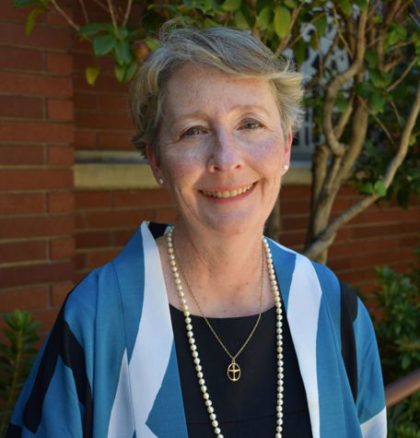
Keep breathing.
Keep breathing, everyone.
In my memory, I’ve never known so much public anxiety and fear as I see right now. The coronavirus is still running rampant, and still killing people off. It’s worse because it’s been weaponized. The virus in the U.S. has been turned into one more force of political power waging the same racial and economic war, against the majority of working people both citizens and not, that has eaten out this nation’s soul since before its founding. And all the other forces are still operating, so every time I turn around it seems like there’s a new loss, a new death in the street, a new harmful decision to mourn.
I’ve also never seen so many people working to get out the vote, and I hope this will mean democracy prevails, unequivocally, this election. But I also know that no matter what happens, we can’t afford to fold up and go home.
No election ushers in any kind of utopia.
The best we can hope for is to become a little more successful in winning policies that reduce direct harm, at least temporarily. The outcome could also be far worse, but let’s think positive for a moment.
Pro-worker, anti-poverty policies can and do make a difference. Ibram Kendi reminds us how they make the difference between racism and anti-racism. Laws, budgets and policies can promote health, make jobs safer and more just, make air more breathable and water more drinkable, and create economic stability which in turn fosters personal sanity and family functioning. They can forestall the cascade of climate disasters that otherwise will attack poor and working people harder than anyone else. These are doable, worthwhile goals, so I’m not hopeless. But I’m realistic.
No matter who wins the White House or what it takes to transfer power, plenty of new challenges await us beyond next week. If we don’t manage our own anxiety and stress, we feed the anxiety and stress in the world. So we need to keep breathing. We absolutely must pace ourselves: keep eating healthy, getting adequate exercise and sleep, and keep loving each other. We’ve got to be gentle with one another and patient with ourselves. Check in with how we feel, listen to each other, ground and reground our spirits.
We’ve got to care for the caregivers, and that means the activists, who are our political caregivers, as well as those at home. Some of us might benefit from stepping forward to build our strength, taking on a greater public responsibility, caring more outwardly. Others might be ready to step back and take some rest. A life of anti-racist, anti-patriarchal care for people and the earth isn’t a sprint, or even a marathon. It’s not a relay race, even though there are batons to pass. It’s a way of life that we train for by living it, a life of losses and joys, which we embrace every part of.
A justice-focused life, at its core, is a spiritual life.
It’s a way of life that connects us to the sacred in ourselves, in the earth, and in one another. It’s a way of life where we ask every day: How am I connected to the sacred through my actions? How am I manifesting my spiritual commitments in my everyday life? In what new ways am I growing and deepening and becoming more powerful?
As we keep breathing, let us breathe into these questions.
Let us invite new answers that propel us into actions to stop harm, and to care more thoroughly for people and the earth.

